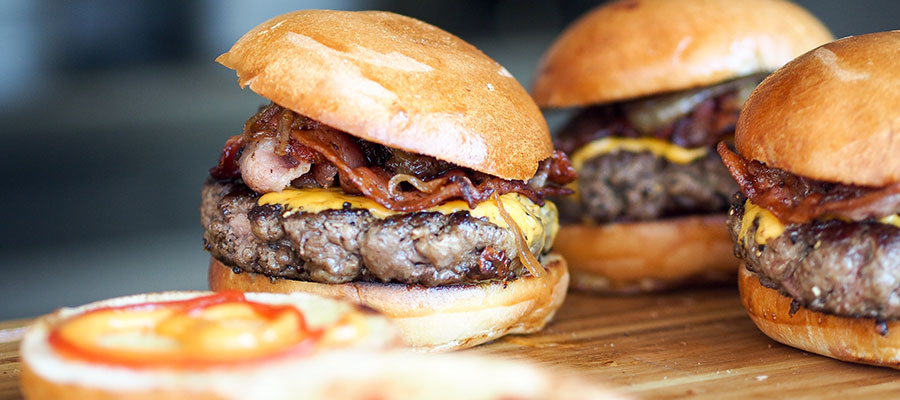“Food Addiction” Exposed
By Jean Antonello, RN, BSN, obesity and eating disorders specialist and author of The Great Big Diet Lie, How to Become Naturally Thin® by Eating More, Breaking Out of Food Jail and Naturally Thin® Kids, www.naturally-thin.com
Some people sure act like food addicts. Maybe you’re one of those who’ve earned the diagnosis. But, recall the research with starved normal weight volunteers that showed that these thin individuals experienced total preoccupation with food as well as other symptoms typically experienced by dieters, like cravings for fat producing foods, general apathy and depression. It appears that starvation provokes serious physical and psychological symptoms and that you can actually produce the symptoms of “food addiction” in people who are not and never have been addicted to food, by starving them for a while. If one definition of addiction focuses on the development of withdrawal symptoms, then really, wouldn’t we all be considered food addicts? Certainly, everyone would suffer withdrawal if food were withheld. And wouldn’t just about anyone who was half-starved, when food was finally there, be liable to overeat, even binge?
How did the idea of food addiction get started? It is a relatively new notion. The term didn’t exist until dieting took a firm hold on our culture. Today, food addiction is a favorite term overweight people and even professionals use to diagnose people who eat too much, binge, and choose all the “wrong” food. Many of us have been taught that obese people eat too much because they are addicted to food, unlike people who don’t eat too much. Although it’s a handy diagnosis to use to explain seemingly inexplicable behavior, food addiction is a misleading idea. The term is especially useful for thin people who have never experienced the typical diet cycle and all the crazy, compulsive eating that go with it.

Posted in Articles
